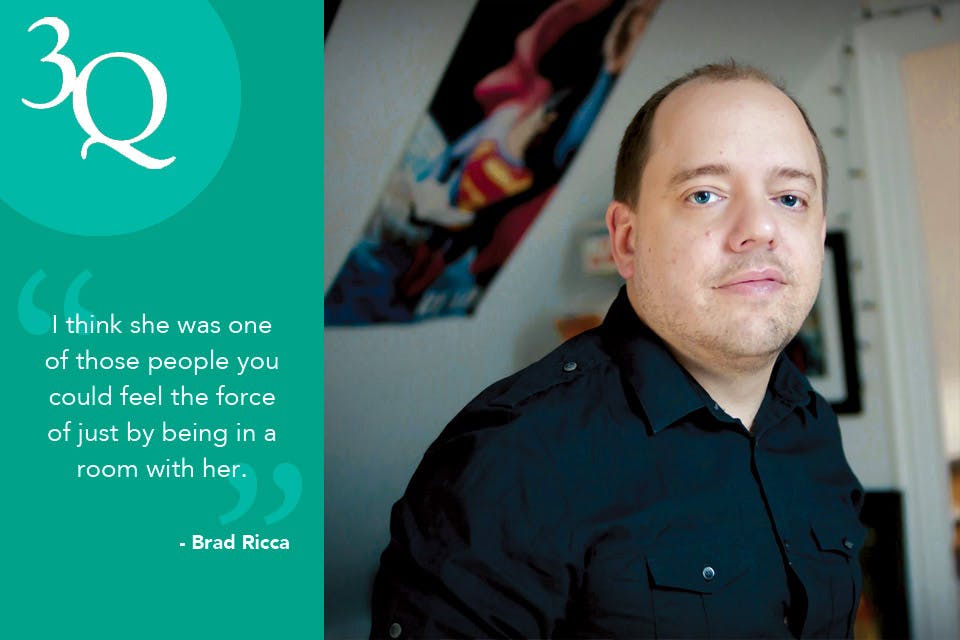Arts
Brad Ricca on Uncovering the True Story of ’Mrs. Sherlock Holmes‘
The Ohio-based author shares how he discovered the story of New York City’s early 20th-century female super sleuth.
Related Articles

Veteran Reporter Gene Kinn Reflects on a Career of Covering Presidents
Gene Kinn talks about meeting nine U.S. presidents over the course of his more than three-decade career in journalism. READ MORE >>

Alan Bowman Plays Dayton’s Historic Deeds Carillon
The Ohioan keeps a centuries-old musical tradition ringing as the carillonneur at Carillon Historical Park in Dayton. READ MORE >>

2025 Ohio Book Award Winners Announced
These annual awards from the Ohioana Library honor Ohio-centric books. They will be presented Oct. 15 at the Ohio Statehouse. READ MORE >>



